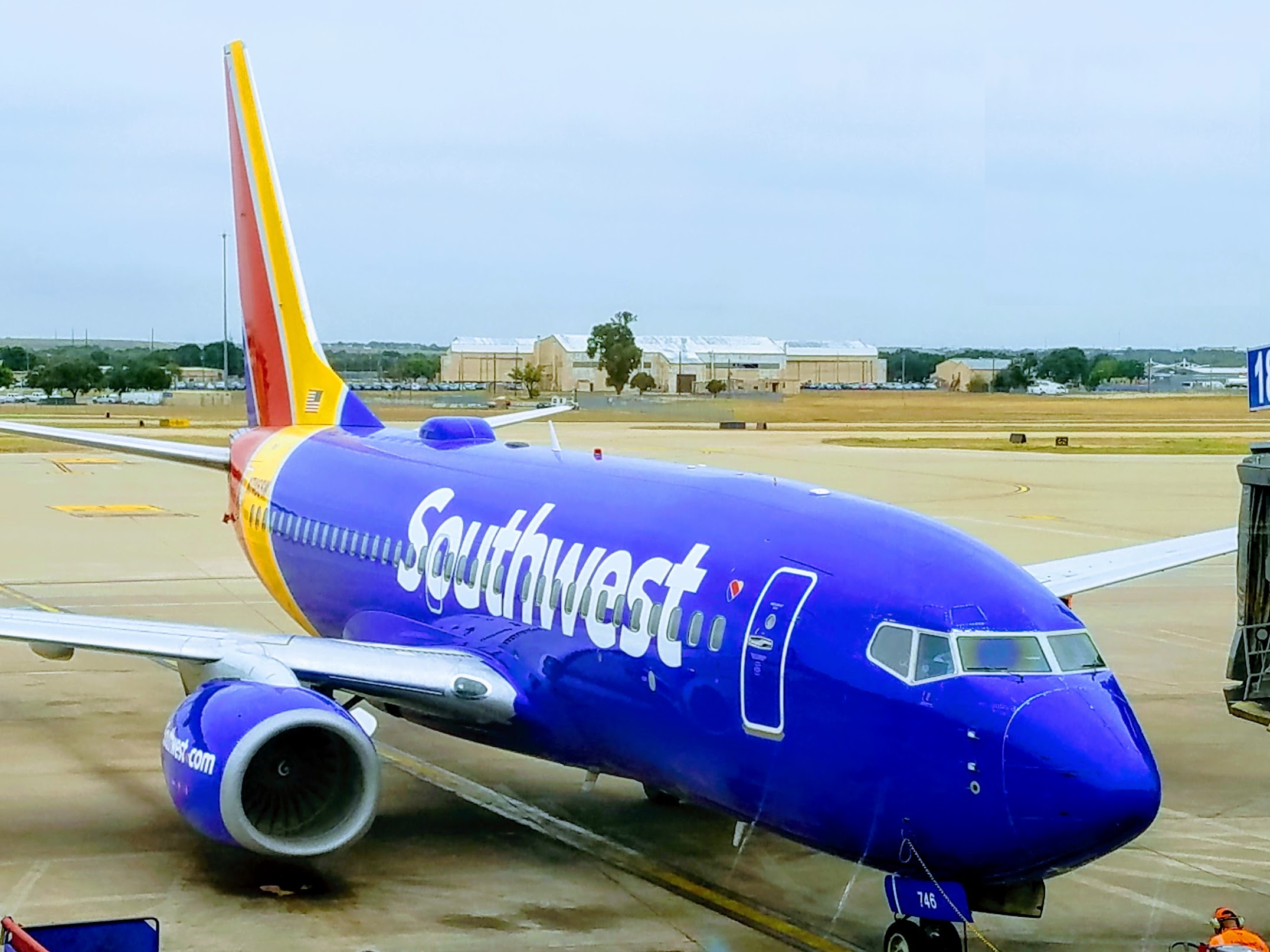The Coronavirus Aid Relief and Economic Security Act of 2020 (CARES Act), which contained a nearly $60 billion bailout of the U.S. airline industry, has a curious affect on the value you will get for your airline miles and points.
On the whole, to be clear, I expect that miles and points will go farther than ever.
- There will be plenty of empty seats on airlines for awhile, and though that’s not the only factor in determining saver award availability I project awards will become easier to get.
- Since uncertainty will prevail for awhile, the flexibility of frequent flyer tickets – generally refundable for a modest fee, waived for top elite frequent flyers – will be highly prized.
- Airlines are going to need to convince customers to come back, forcing them to resist major devaluations for awhile.
However when you’re calculating the amount of cash that your miles and points save you compared to the cost of a paid ticket. And one of the things the CARES Act did is suspend federal excise taxes on ticket purchases between March 28, 2020 and December 31, 2020. That includes:
- The 7.5% excise tax on domestic airfare
- $9.50 each way arrival and departure tax for travel between Hawaii and the Continental U.S.
- $18.90 each way tax for travel between Puerto Rico and the Continental U.S.
- $4.30 per flight segment fee
If prices fall by the amount of the tax, the amount of money you will save per point (assuming the points price of a ticket remains constant) will fall as well.
It may wind up being the case that airfares rise to the level they otherwise would have been inclusive of taxes. Consumers will pay a certain amount for travel, and airlines were generally charging that price, so the tax incidence fell on airlines previously and now they’ll capture the tax savings. There’s a huge economic literature on tax incidence and we’re about to watch a natural experiment unfold. On day one of the tax suspension that doesn’t appear to have happened, but there’s also very little demand for air travel right now.
Nowhere is this going to be easier to see than Southwest Rapid Rewards. A Southwest Airlines Rapid Rewards ticket is fixed at about 78 points per dollar in base airfare. Award tickets don’t incur the taxes that have just been suspended as well as the airport facility fee (you do pay the federal security tax, and that remains in effect).
- If base airfare stays the same, then the ‘value per point’ is lower because the cost of a paid ticket is lower by the amount of the tax savings. (You still get the same amount of travel as before, you just aren’t also saving taxes that would have otherwise been charged on a paid ticket, but that are now suspended.)
- If base airfare goes up to make up for not paying these taxes (so the price is close to the same to the consumer) then the number of points Southwest charges will go up.

Either way, Rapid Rewards modestly devalues. However the effect won’t be limited to Southwest. It holds for fixed award charts, too.
Let’s take a basic trip between Austin and New York for 12,500 miles + $5.60 in taxes one way. The price might have been $200 before, giving you 1.6 cents in value per point. Now – assuming the base fare doesn’t rise to offset the tax savings – that same ticket costs $182.52 without the excise tax or segment tax. You still pay 12,500 miles + $5.60 or 1.4 cents per mile.
This isn’t something to worry about, and isn’t something that will change your behavior, but it is an effect on how value per mile is usually calculated that’s worth being aware of.


Since most of us aim to redeem miles for premium seats, and since such seats should be easier to come by for a while, I’d say net-net the value of our miles has increased, at least for a while.
On the earning side, fee reduction means a higher percentage of the ticket price “earns” miles.
Curious if American Express will keep charging the $0.0006 per Membership Rewards point “Excise Tax Offset Fee.” for MR transfers to US airline programs during the term of the CARES act. Are they relieved from paying that tax?
Cash back credit cards = that’s where the real money is!
Gone are the days when I would earn enough miles to get a long-haul Business/ First award as Tommyleo does. Partly because I fly less, and partly because of changes in earning rules, but mostly because I prefer hotel points. Hotels really do want to give us free rooms. It is only because of COVID-19 that award seats are now open to popular Canadian & US destinations this summer! But as Gary writes, the money-paid fares are so darn cheap, it isn’t worth it to use miles for a Coach award!
Yesterday when I was shopping airfares on orbitz.com , it displayed flights with tax-included fares. But whenever I clicked on any of them, the fare went down to the new some-taxes-removed price.
Gary, when do you think the airlines will be able to sell a seat that can’t be refunded or changed without a fee? If I buy a ticket today, these fees do not exist, sure they could come back at some point, but this seems highly unlikely anytime soon (if ever). I don’t see the ability to change without a fee as an advantage of booking with miles. Now everyone is going to know that their plans can change, making a change fee a real disincentive to booking. Things are going to be different going forward in many ways.